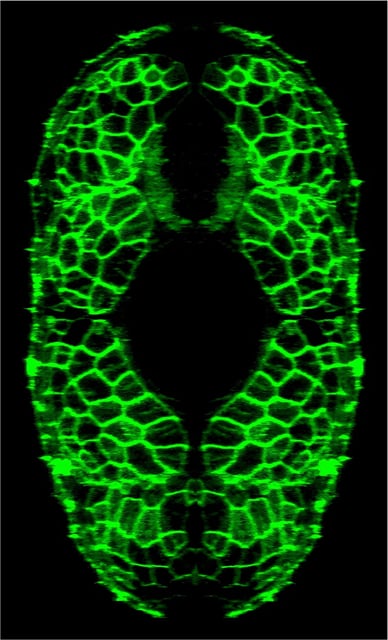Overview
- Muscle cells have intrinsic circadian clocks that regulate protein turnover, critical for preserving muscle integrity and function.
- Disruption of these clocks, as seen in shift work, accelerates muscle aging by impairing nocturnal clearance of defective proteins.
- Zebrafish models with dysfunctional muscle clocks displayed premature aging symptoms, providing insights into the biological mechanisms of sarcopenia.
- Approximately four million UK shift workers face increased risks of accelerated muscle decline due to chronic circadian misalignment.
- Preclinical drug trials are underway to explore therapies targeting muscle clocks, aiming to prevent or mitigate muscle aging in shift workers.
